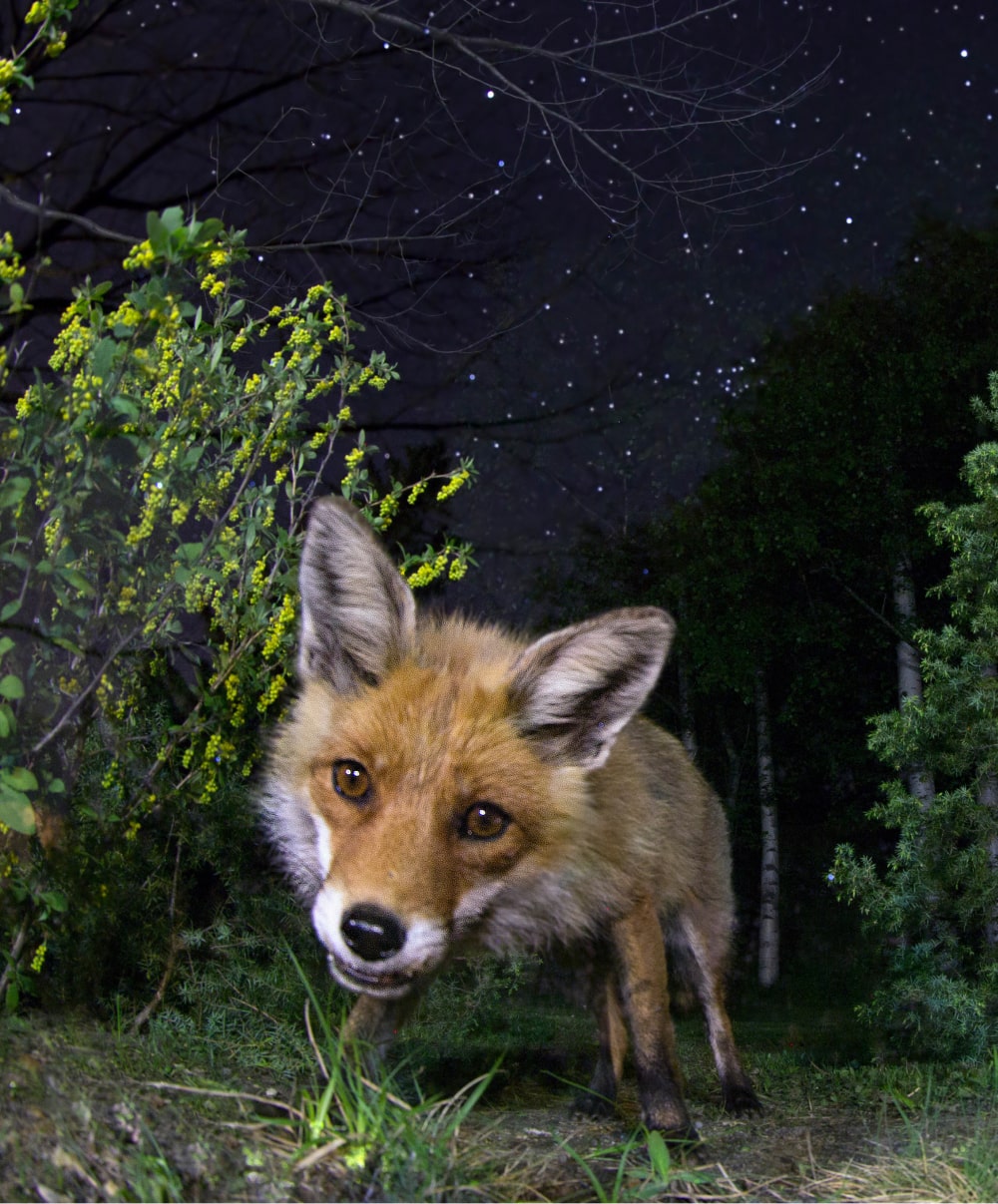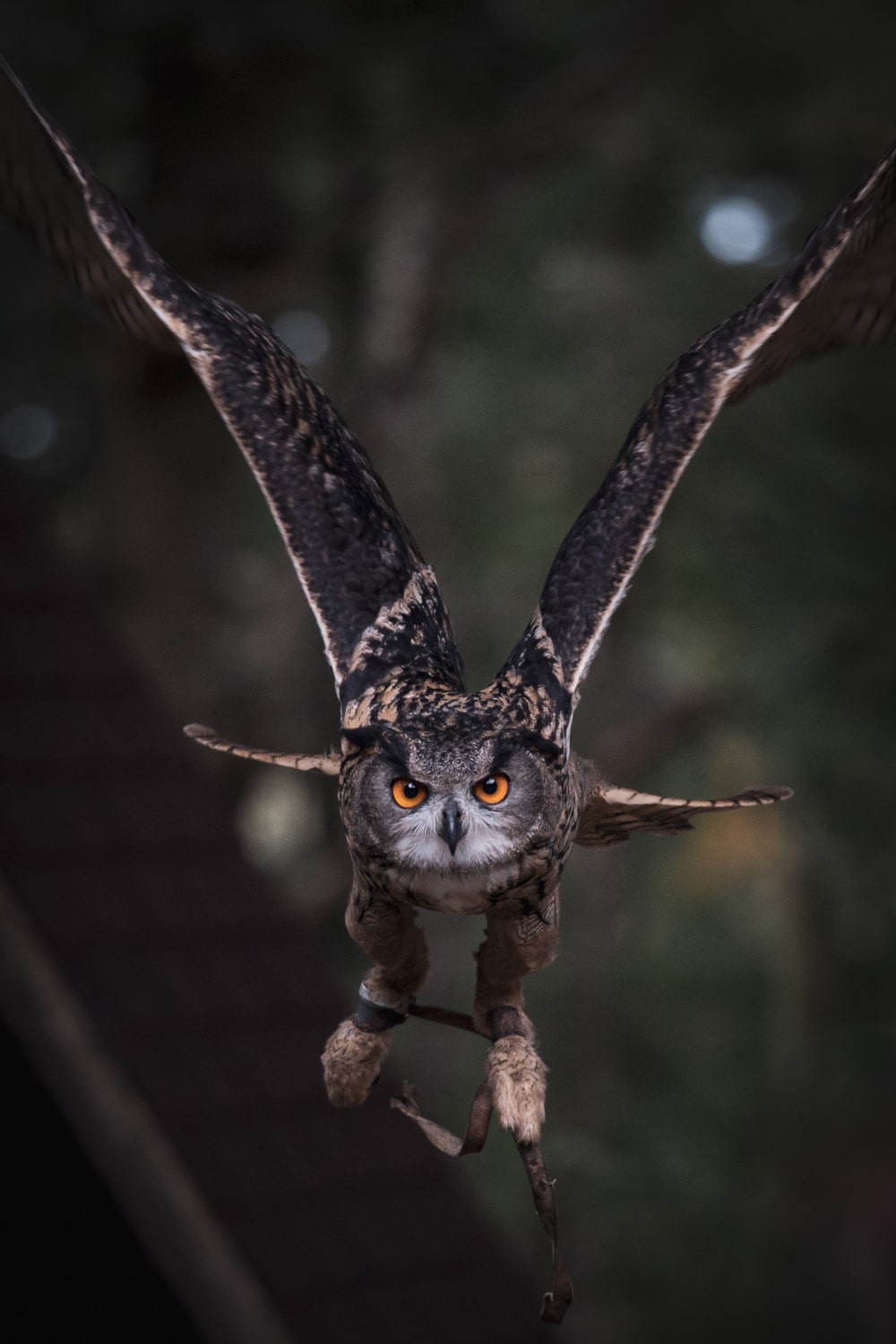The ability to gaze up to the stars and ponder their meaning has been the privilege of travelers and locals for millennia. Many stargazers seek out Dark Sky Preserves simply for unobstructed views of the Milky Way. But dark skies are more than just a tourist attraction; they’re a crucial part of wildlife protection and conservation efforts. As traveler confidence builds post Covid, consumers are seeking out opportunities to travel in a more immersive way, away from typical crowded tourist attractions to more nature based. Dark Sky Ecotourism offers a form of frugal innovation as it taps into two free resources – the night sky and nature.
Dark Sky Ecotourism is part of the Erasmus programme lead by the Department of Tourism at the University of Hólar. The project is working on a handbook and educational material for use by tourism companies. The objectives of this project are:

Dark Sky Tourism “consists of visitors travelling to remote, unlit areas to observe celestial objects such as stars, planets, moons, nebulae, star clusters and galaxies. Visitors can look at the sky with the naked eye or with the help of binoculars or telescopes. The experiences can also be accompanied by other activities like storytelling or astrophotography” (Dalgleish et al., 2022). It should though also be kept in mind that there exist dark sky opportunities even in towns, build-up areas and cities, but only if light pollution is managed.
Ecotourism is “Travel with a primary interest in the natural history of a destination. It is a non-invasive and participatory form of nature-based tourism that is built around learning, sustainability (conservation and local participation/benefits), and ethical planning, development and management.” (Fennel,2020).

Dark Sky Ecotourism builds a fully integrated and multidisciplined learning intervention around this new field of learning, creating a new training product that will enhance their educational reach. Our project builds on research into preservation of the night skies in remote and peri-urban areas. This project aims to educates stakeholders and small and medium-sized tourism enterprises to build on the potential of Dark Sky Ecotourism and become an innovator and leader in the area. Our partners expand from their rural development educational programmes and build upon the social capital of their regions by creating opportunities for innovation.